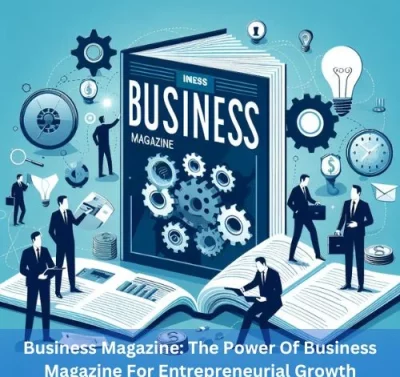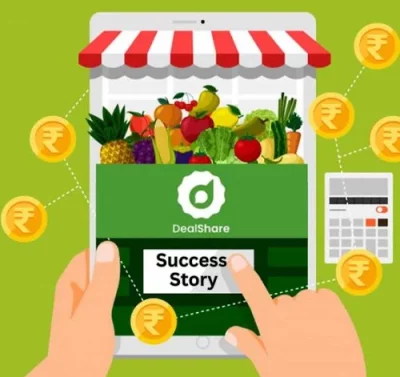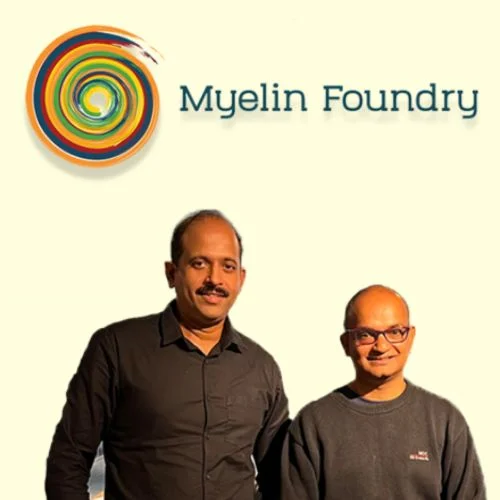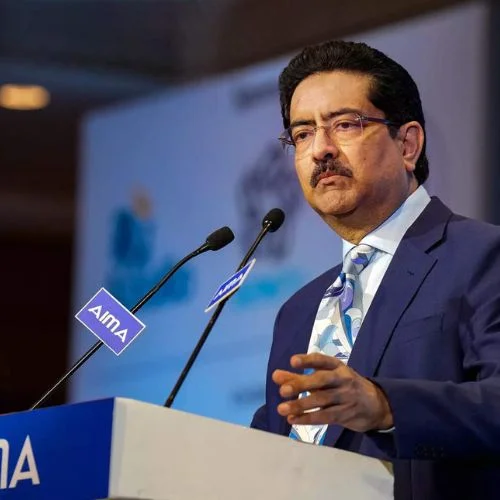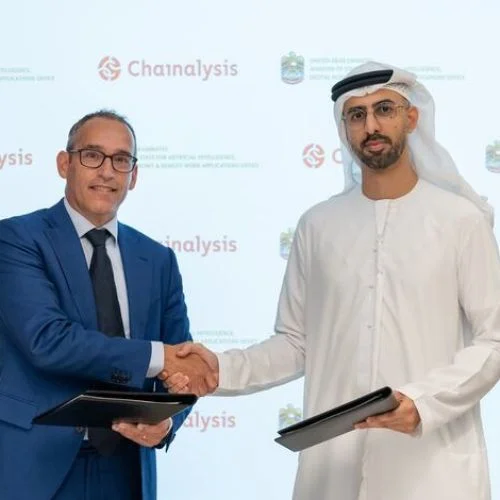When Aditi Bhutia Madan, an Indian businesswoman, recalls her upbringing in Darjeeling, she recalls pine forests, Himalayan sunrises, and her grandmother’s momos – the savoury dumplings that inspired her to start her own company years later.
When Aditi Bhutia Madan recalls her upbringing in Darjeeling, she recalls pine trees, Himalayan sunrises, and her grandmother’s momos – the savory dumplings that inspired her to start her own business years later.
Madan, a former MasterChef India contestant, was confident in her cooking abilities but had no idea how to obtain official financing to expand her Yangkiez By MomoMami business, which is a key barrier for many female entrepreneurs in India.
For years, Madan had to run the gauntlet of loan sharks seeking excessive interest rates or a piece in her company.
“There were numerous difficulties “First and foremost, because you’re a woman,” she explained to the Thomson Reuters Foundation.
That changed when Madan, who is in her mid-40s, joined thousands of other women entrepreneurs in the Women StartUp Programme (WSP) at NSRCEL, a business incubator at the Indian Institute of Management Bangalore that teaches participants business skills such as pitching for funding.
She received 7.5 million Indian rupees ($91,000) from investors after delivering her maiden pitch on the reality show Shark Tank India for capacity expansion and infrastructure development at her company’s production divisions.
“I didn’t know anything about pitching before going to WSP,” she admitted.
According to government data, India ranks 57 out of 65 on the MasterCard Index of Women Entrepreneurs, which measures how women in business are progressing globally, and only one in every five of the country’s firms are run by women.
Uneven access to cash is a significant impediment. When female entrepreneurs approach potential investors for funding, they are more likely to be turned down.
“We are still finding it difficult to project (women) as investment-ready,” said Ankita Pegu of the WSP, which has assisted over 400 women-led firms.
According to the International Finance Corporation (IFC), the World Bank’s private sector arm, women-led businesses face an unmet credit gap of more than $11.4 billion, while female entrepreneurs got only 5.2% of outstanding credit issued to enterprises by Indian public sector banks.
Many small Indian businesses are self-funded or supported with family backing, which makes it more difficult for women entrepreneurs. According to a poll conducted by Bain & Company and Google, 43% of women stated their family and spouses did not support their enterprises.
“This is the first barrier many women face; their families are unwilling to support them financially,” says Sucharita Eashwar, founder of the charity Catalyst for Women Entrepreneurship in Bengaluru.
DISCRIMINATION BASED ON GENDER
Much of the funding disparity is the result of widespread gender discrimination and persisting conservative beliefs about women’s roles in this 1.3 billion-person society.
Preksha Kaparwan, 33, trained herself design, scripting, and website development before co-founding artificial intelligence data analytics businesses AlphaaAI in Delhi in 2019 and Super AI in San Francisco in 2022.
Even then, she claimed that during pitching meetings, investors regarded her differently than their male counterparts. Some asked her no questions at all, while others moved to discussing the weather.
“As an investor, you must be neutral to the gender in front of you,” she explained.
According to Jibin Mathew, assistant manager at the WSP, potential investors are more likely to evaluate a woman’s age and marital status before making a financing choice.
“(They believe) that in another two years, she will marry, and the investors believe that this will harm their investment.” “And if she’s married, there are family issues,” Mathew explained.
“Males entrepreneurs are never asked these questions.”
According to research conducted in the United States, investors are more inclined to ask males “promotion” questions about their objectives and successes, which tend to elicit positive responses – and more money.
According to a 2018 study published in the Academy of Management Journal, women are more frequently asked “prevention” questions about safety, losses, and potential hazards, impeding “the entrepreneur’s ability to raise capital.”
IMBALANCE IN FUNDING
In 2021, women-led firms received only 0.3% of venture capital financing in India.
Anisha Singh, an entrepreneur-turned-investor, founded the She Capital fund five years ago to assist female business entrepreneurs.
She stated that she did not anticipate to discover that “making a case for females, and female founders, would be so difficult.”
According to studies, female-founded and co-founded firms earn more income and create more jobs.
Despite this, banks are wary of funding female entrepreneurs because they are concerned about their success, according to Nidhi Gupta, executive director of Dhriiti, a Delhi-based charity that works with entrepreneurs.
When applying for a loan, women participating in her programmes have been required by bank officials to obtain the signature of a male relative.
According to a 2022 study conducted by the charity Bharatiya Yuva Shakti Trust (BYST), a project mentoring entrepreneurs from underprivileged communities, over 85% of women entrepreneurs encountered difficulties in obtaining credit services from public sector banks.
While the Indian government provides financial assistance programmes for female-led businesses, only 3.4% of all female entrepreneurs have benefited from them, according to a report by the nonprofit Initiative for What Works to Advance Women and Girls in the Economy (IWAAGE).
When faced with such practical issues, it may be “a lonely journey” for female business founders, according to Pegu, who adds that courses like the WSP can create a women-focused sense of community to contrast the male-dominated world of business.
According to experts, a lack of access to professional communities and networks leads to gaps in information regarding funding sources and market intelligence.
Training, such as on how to make a strong pitch to investors, is also important in helping women reach their full potential, according to Singh.
“I know you know your business,” she said. “(So) why do you hand that over to someone else to discuss?” ($1 = 82.0130 Indian rupees)






